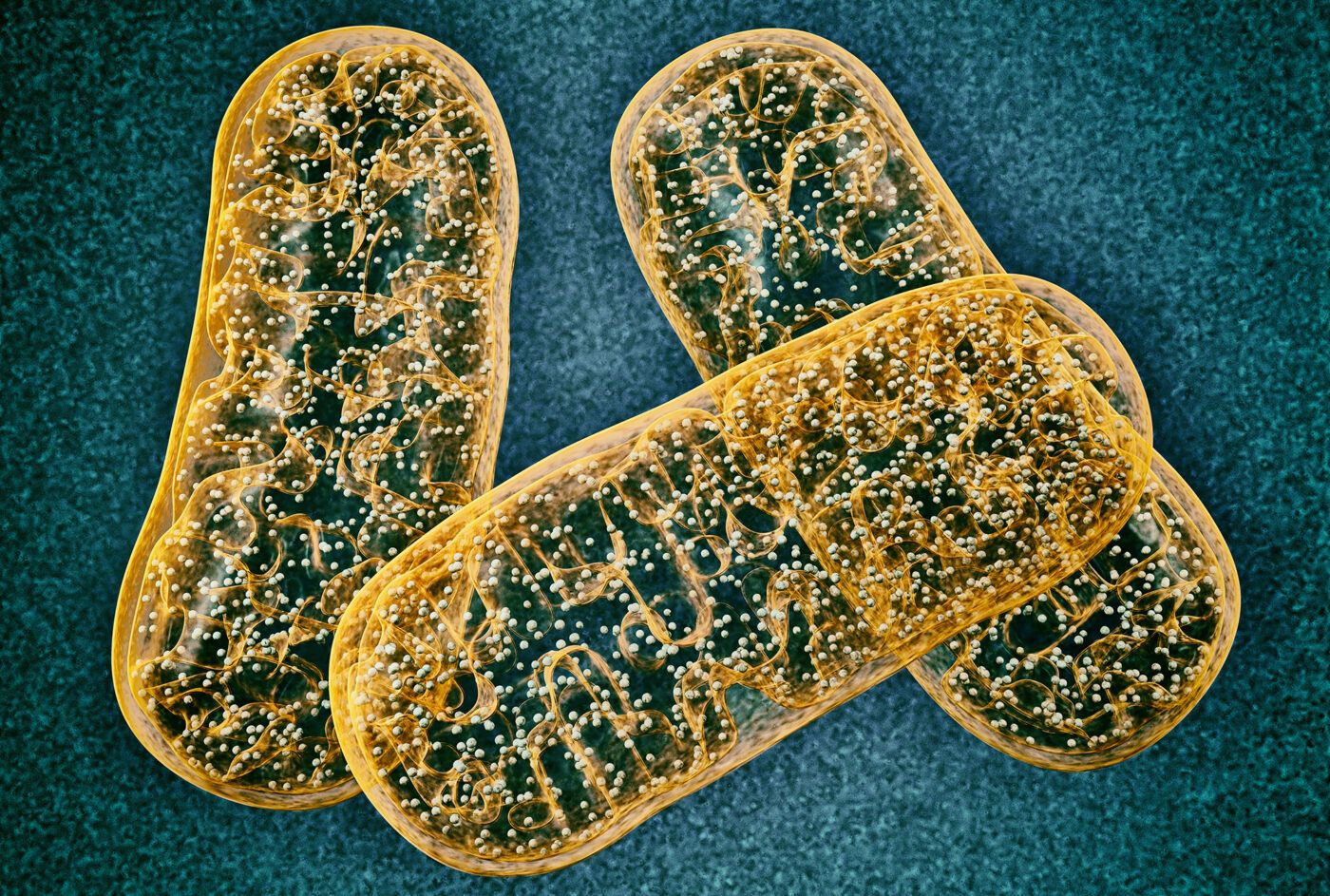Mitochondrial Health: More Than Your Cell's Powerhouse
Remember Biology 101? Turns out that the microscopic, caterpillar-looking structure is much more critical to our immediate health and chronic disease than we realized.
What is Mitochondria?
Present in nearly all types of human cell, mitochondria are vital to our survival, and are membrane-bound cell organelles (mitochondrion, singular) that generate most of the chemical energy needed to power the cell's biochemical reactions. Chemical energy produced by the mitochondria is stored in a small molecule called adenosine triphosphate (ATP).
Although most of our DNA is kept in the nucleus of each cell, mitochondria have their own set of DNA. Interestingly, mitochondrial DNA (mtDNA) is more similar to bacterial DNA.
The mtDNA holds the instructions for a number of proteins and other cellular support equipment across 37 genes.

What are some mitochondrial functions?
- Energy production (ATP – see above)
- Cell death, also called apoptosis, is an essential part of life. As cells become old or broken, they are cleared away and destroyed. Mitochondria help decide which cells are destroyed. Mitochondria release cytochrome C, which activates caspase, one of the chief enzymes involved in destroying cells during apoptosis. Because certain diseases, such as cancer, involve a breakdown in normal apoptosis, mitochondria are thought to play a role in the disease.
- Storing Calcium is vital for a number of cellular processes. For instance, releasing calcium back into a cell can initiate the release of a neurotransmitter from a nerve cell or hormones from endocrine cells. Calcium is also necessary for muscle function, fertilization, and blood clotting, among other things.
- Heat Production: During a process called proton leak, mitochondria can generate heat. This is known as non-shivering thermogenesis. Brown fat is found at its highest levels in babies, when we are more susceptible to cold, and slowly levels reduce as we age.
Ways to support mitochrondrial health
- The Thorne Podcast takes a deep dive into mitochrondrial support
- A diet rich in antioxidants to combat oxidative stress
- Eat healthy proteins to support amino acids that protect the mitochondria
- Many of us are low in magnesium – consuming this each day (in the form of supplements or dark leafy green vegetables) will facilitate mitochondrial health
- Detoxification: through decreasing inflammation and supporting a strong immune system, don't forget to support your microbiome/gut health
- Minimize the consumption of fructose



